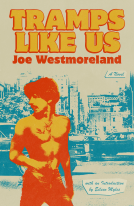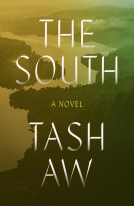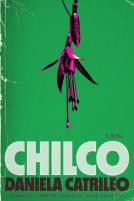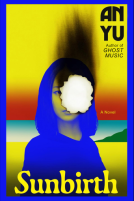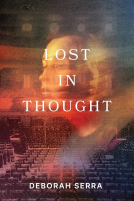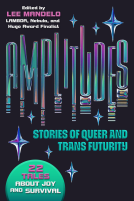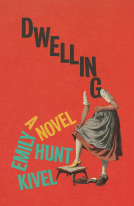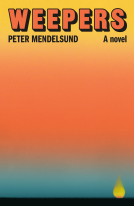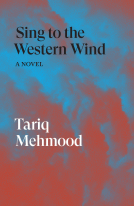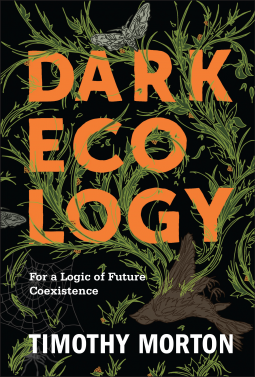
Dark Ecology
For a Logic of Future Coexistence
by Timothy Morton
This title was previously available on NetGalley and is now archived.
Send NetGalley books directly to your Kindle or Kindle app
1
To read on a Kindle or Kindle app, please add kindle@netgalley.com as an approved email address to receive files in your Amazon account. Click here for step-by-step instructions.
2
Also find your Kindle email address within your Amazon account, and enter it here.
Pub Date Apr 26 2016 | Archive Date Jun 07 2016
Description
Timothy Morton argues that ecological awareness in the present Anthropocene era takes the form of a strange loop or Möbius strip, twisted to have only one side. Deckard travels this Oedipal path in Blade Runner (1982) when he learns that he might be the enemy he has been ordered to pursue. Ecological awareness has this form because ecological phenomena have a loop form that is also fundamental to the structure of how things are.
The logistics of agricultural society resulted in global warming and hardwired dangerous ideas about life-forms into the human mind. Dark ecology puts us in an uncanny position of radical self-knowledge, illuminating our place in the biosphere and our belonging to a species in a sense that is far less obvious than we like to think. Morton explores the logical foundations of the ecological crisis, which is suffused with the melancholy and negativity of coexistence yet evolving, as we explore its loop form, into something playful, anarchic, and comedic. His work is a skilled fusion of humanities and scientific scholarship, incorporating the findings and theories of philosophy, anthropology, literature, ecology, biology, and physics. Morton hopes to reestablish our ties to nonhuman beings and to help us rediscover the playfulness and joy that can brighten the dark, strange loop we traverse.
Timothy Morton is Rita Shea Guffey Chair in English at Rice University. His books include Hyperobjects: Philosophy and Ecology After the End of the World; Realist Magic: Objects, Ontology, Causality; The Ecological Thought; and Ecology Without Nature, and he has published more than 150 essays on ecology, philosophy, art, literature, music, architecture, and food. He has collaborated with several artists, including Björk, Olafur Eliasson, and Haim Steinbach, and blogs regularly at ecologywithoutnature.blogspot.com.
Advance Praise
Available Editions
| EDITION | Hardcover |
| ISBN | 9780231177528 |
| PRICE | $30.00 (USD) |
Links
Featured Reviews
 Maria Grazia B, Book Trade Professional
Maria Grazia B, Book Trade Professional
Written four years ago, this book approaches the problem of global warming from what I would call a philosophical-historical point of view. In what the author defines as a Möebius' strip, we travel the road from the discovery of agriculture in ancient Mesopotamia to global warming, passing through the birth of patriarchy. Paradoxically, the results of this "program", whose code has been "running" for all these years and which is called agrilogistics, are even more evident today, at the time of COVID-19.
It is a text that is quite difficult to read, because of its language and basic preparation, decidedly multidisciplinary, which requires understanding, and of which we recommend periodic re-reading.
Translated with www.DeepL.com/Translator (free version)
